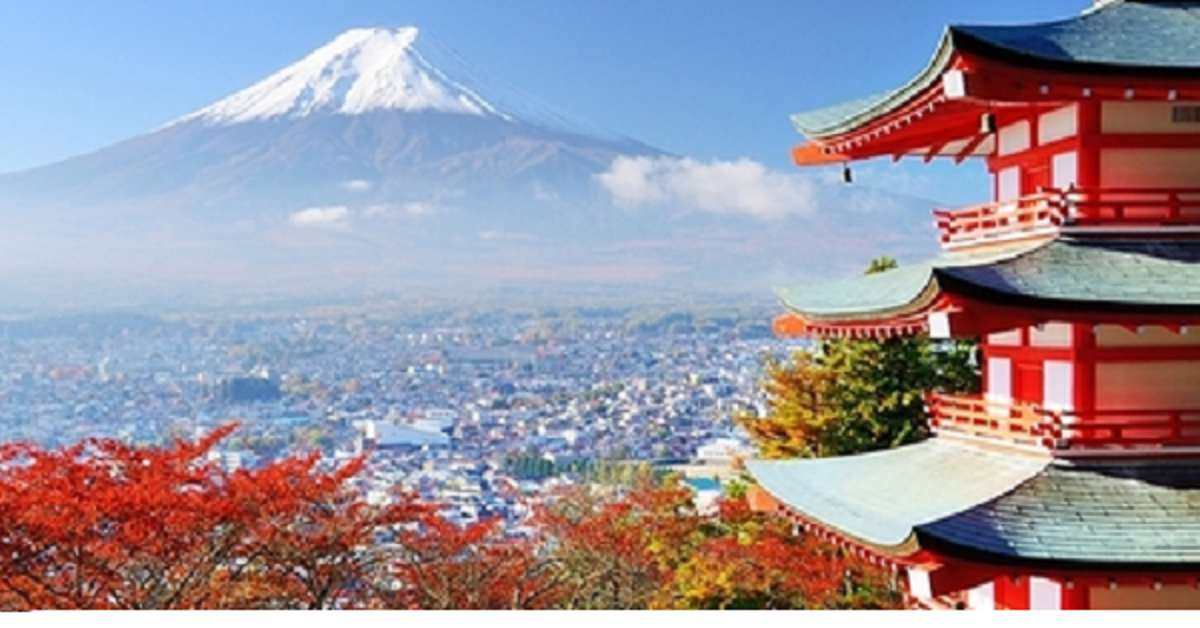Job Scam Alert:
This is to notify you that we have been alerted of job scams misusing the name of Global eTrade Services (GeTS). We would like to emphasize that there is no active, ongoing recruitment under the brand name of GeTS as we now operate under our parent company, CrimsonLogic. Please read the full disclaimer here.
- 03 Jul 2015
- Japan
- Japan
- eManifest
- AFR
- Advance Filing Rules
- Japan AFR
- Logistics
Japan Advance Filing Rules (Japan AFR) for maritime cargo destined to enter any port in the country came into effect in 2014. Now that the AFR is mandatory, vessel operators and non-vessel operating common carriers (NVOCCs) are required to submit electronic cargo information to Japan Customs within the specific cut-off times that are based on the country of origin/port of origin and port of loading.
Vessel Operators
Vessel operators or carriers are shipping companies that are direct contractors of carriage. They have cargo information based on the Ocean or Master Bill of Lading at the time of departure from the port of loading onto another vessel that will enter any port in Japan. Vessel operators are required to file advance cargo information electronically to Japan Customs.
Non-Vessel Operating Carriers (NVOCCs)
A non-vessel operating common carrier (NVOCC) is a freight forwarder that provides logistics and cargo transportation services to clients by booking vessel space and arranging the best routes to the destination. NVOCCs are consignors that do not own ships or warehouses; instead they have established partnerships with shipping companies. NVOCCs have cargo information based on the House Bill of Lading at the time of departure from the port of loading onto another vessel that will enter any port in Japan. NVOCCs are also required to file cargo information electronically to Japan Customs.
Japan AFR cargo data pulls information from both the Ocean/Master bill of lading and House bill of lading. For Japan eManifest processing, the name, address, phone number and country code of the shipper, consignee and notify are required, including detailed shipment description with Harmonized System codes and dangerous goods codes (if applicable).
Japan eManifest processing is done through the Nippon Automated Cargo and Port Consolidated System (NACCS) Center. The Center handles import/export processes and issues customs clearance for all Japan-bound cargo. Vessel operators and NVOCCs send electronic cargo data to service providers like CrimsonLogic that are permitted to connect directly to NACCS.
Related Pages:
